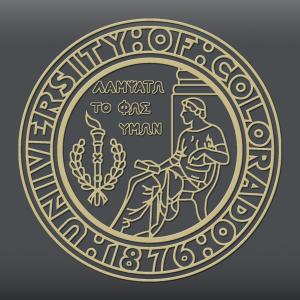Regents begin work of articulating vision statement

The CU Board of Regents last week began the process of articulating a vision for the university with a robust discussion of what the institution is and should be.
The regents’ winter retreat provided an opportunity for the board’s strategic planning committee, which initiated the vision discussion, to extend it to the full board. The plan is to engage the campuses and other constituents to further inform a vision statement. The board’s goal is to have the vision process complete by its summer retreat in July.
“The Board of Regents is a policy governing board, and in order for us to make the best decisions for the university we need that overarching vision that drives us,” said board Chair Irene Griego. “This process is going to help us, as a board, make the best decisions for CU and the state.”
Regent Linda Shoemaker, who chairs the board’s strategic planning committee, said the aim of the effort is to arrive at a shared vision that articulates CU’s collective identity and celebrates its diversity.
“Colorado has to be at the center of the vision -- how CU reflects the state, its history and its future,” Shoemaker said. “Colorado is the golden ticket.”
The board engaged the campus chancellors and President Benson in the discussion. Each chancellor described some of the imperatives on their campuses and how they may inform the vision.
“The strength of the CU system is that we all don’t do the same thing,” said UCCS Chancellor Pam Shockley-Zalabak. “The four campuses do things that roll up into a powerful contribution to Colorado.”
President Bruce Benson suggested to the board that a simple vision is best. “I’ve been talking about this for several years and to me it’s simple. The vision is that we want to be one of the greatest universities in the world.”
The session was facilitated by William Kuskin, associate vice chancellor for strategic initiatives on the Boulder campus.
“Any vision has to articulate the identity of the four campuses and bring them together,” Kuskin said.
Some regents asked how this process is different from the existing mission, vision and guiding principles that the board previously developed, as well as how a vision would fit with campus strategic plans.
Chair Griego said the effort is a natural updating of some of the board’s foundational precepts, and that the result will complement campus strategic plans.
“This conversation has been important for us as we move forward,” Griego said. “It’s a healthy organization that revisits its mission and vision. It’s also important for us to listen to our stakeholders.”
A series of meetings on campuses throughout the spring will further inform the effort.

